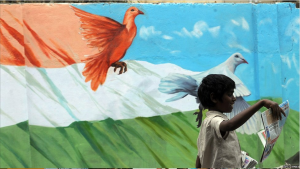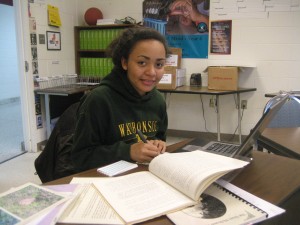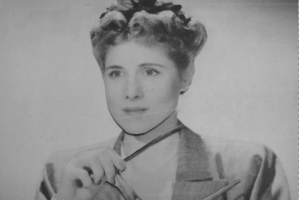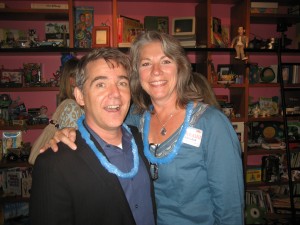Counting to 7 Billion by Ones
The orientation for my upcoming trip to India held many nuggets of wisdom. Dr. Tim Flood, professor at UNC Kenan-Flagler Business School, was our first guest lecturer and his honest and intuitive assessments of culture wove their way through all of our time in Raleigh. Do you harbor stereotypes? ‘Of course not! Well at least not prejudicial ones,’ I thought to myself. Dr. Flood quickly demonstrated that yes, we do and for most of us it is a necessity. With over 7 billion people in the world how else would you even begin to get to know and understand each other?
“Culture is behavior. The way we know culture is through behavior. The way we understand culture is through introspection.” Our behavior and the behavior of others combines and from my assessment that combination can be gentle or combustive. Our communication does not belong to us once we put it out there – others interpret, assess, and yes, judge what we do and say, receiving our words and actions as they are able. This entire concept helped put me into a new place of observer. This trip to India has untapped power. A transformative estuary of sorts that is sure to discomfort, delight, and at times disagree with me.
What are my goals? To be open and fluid to the people, places, and circumstances I encounter. To release my expectations, misconceptions, and stereotypes to allow this sojourn to mellow my soul and strengthen my connection to the citizens of this earth. To give. Yes, we are heading as delegates to learn from India in order to teach our students in NC how to be global partners with this burgeoning society, but what do I have to give in return? Delegates have been partnered to visit and teach in schools where there will be little English spoken. How will I, a teacher of literature, be able to instruct a 10th grader at The Bishops School in anything of value? What can I share with the students at Nimgaon Bhogi Village High School that will give them the experience of learning something from an American teacher? Something that our contact there, Armene Modi, founder and chairperson of Ashta No Kai organization has stressed. Her words of advice: “…it might be best to plan on using body language, gestures etc., and avoid as far as possible translations so that the students’ self-confidence will also be boosted that they were able to actually communicate/understand American teachers.” American teachers. Wow, this value for educators before we even prove our worth humbles.
Suspending my disbelief I shore myself with the thought that by opening my mind and heart to the universal language of love, dignity and respect, I will have something to give. I know I have much to learn. Would you like to share that learning with me? We leave tomorrow.
Now as I ready
To travel to India
I open my arms
Thanks to Dr. Tim Flood for the inspirational quotes, title, and jumping off point. Thank you to the BBC news and Ghetty images for the young newspaper vendor from Bangalore. Thank you, Armene Modi. We haven’t even met yet but the stories of milk and bicycles for the women of Pune make you a hero in my eyes. To wings of possibility!



